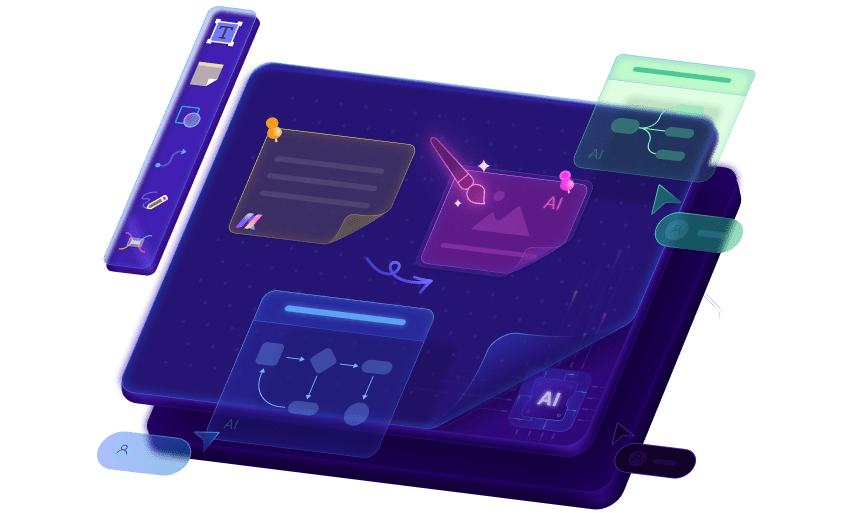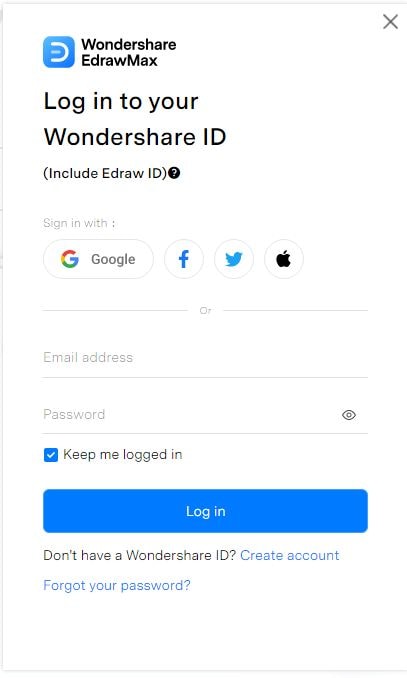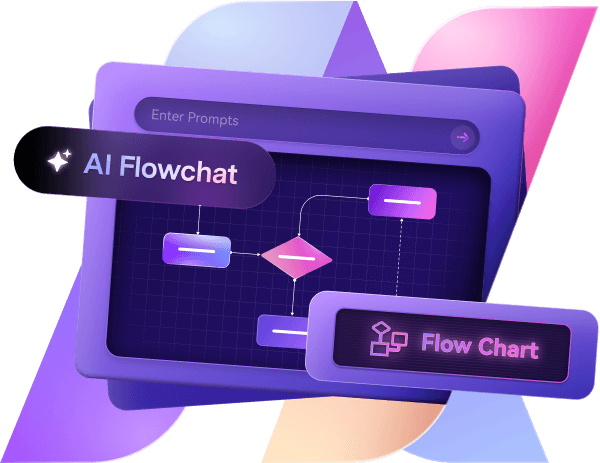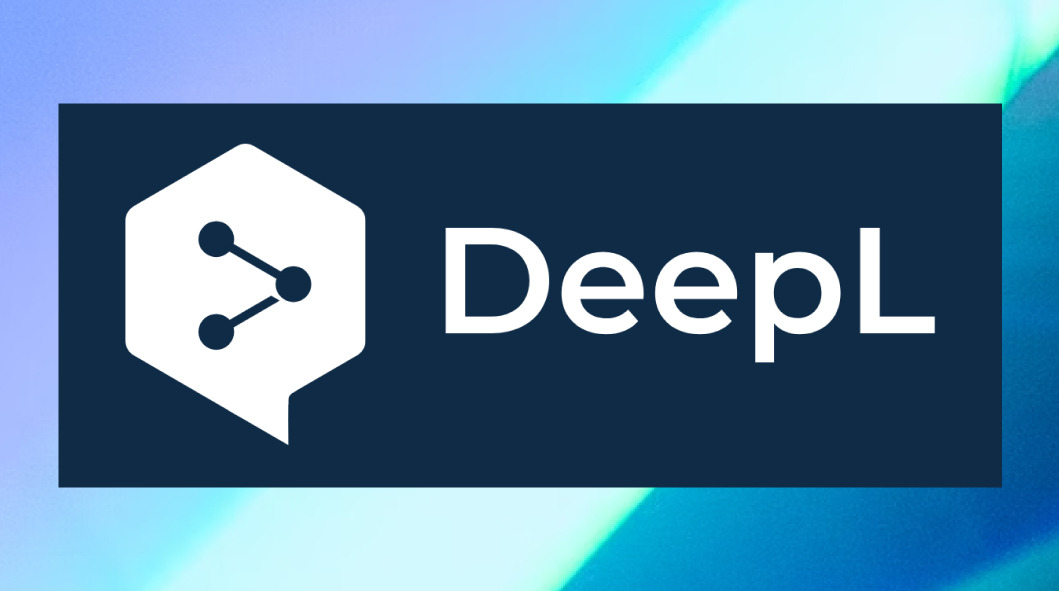
Testing DeepL was one of my recent projects as a professional tool reviewer, and it turned out to be pretty reliable. It stood apart from other translation tools with output that felt less mechanical and more like a human.
In this DeepL Review, I’ll go through my experience in detail. Keep reading to explore its strengths, where it could improve, and my overall thoughts on how it performs.
DeepL Review:
Part 1: What Can We Do with DeepL
DeepL offers tools that simplify translation and writing for professionals and everyday users. I took a closer look at its main functions: Translate Text and DeepL Write. Here’s my experience with them.
Translate Text with DeepL
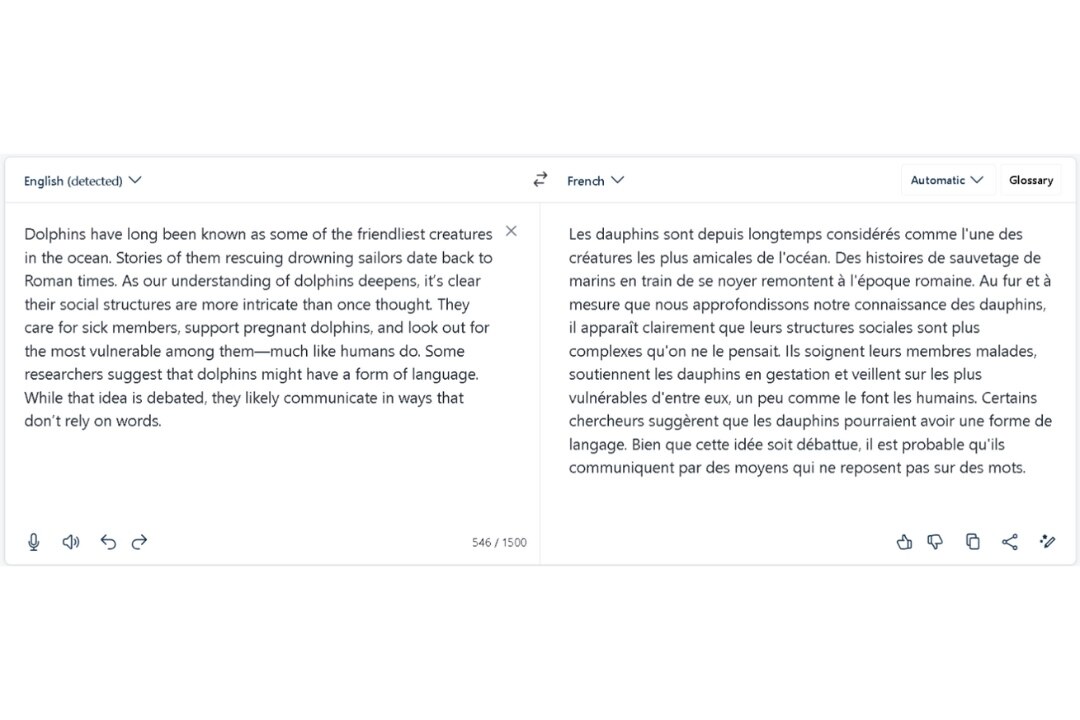
I tested DeepL translation with English and French text. The setup is easy: enter your text, choose the target language, and the translation appears instantly.
It offers solid translation capabilities, but some areas need refining:
- DeepL effectively conveys the essence of the original English text into French. The core message stays intact.
- The French translations sound smooth and natural, avoiding the stiffness that often comes with machine translations.
- The translation tends to follow English sentence structure too closely at times. For example, "As our understanding of dolphins deepens" is translated as "Au fur et à mesure que nous approfondissons notre connaissance des dauphins." While it’s somewhat fine, it seems awkward grammatically. A smoother version could be "Plus nous comprenons les dauphins..."
Translate Files
Input
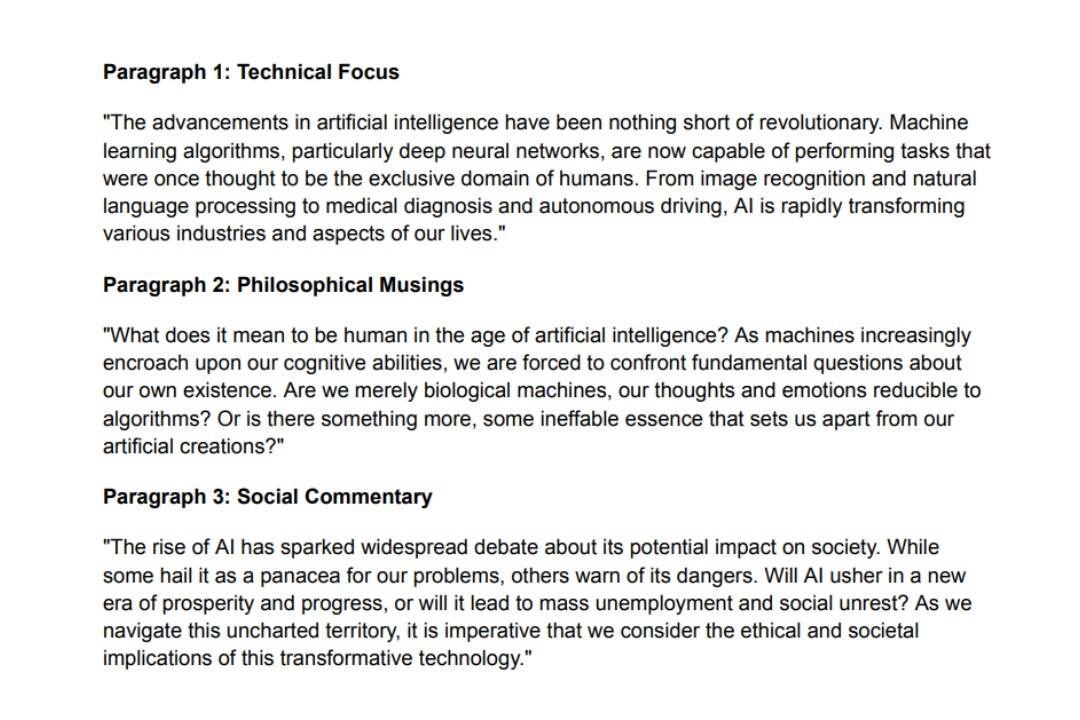
Output
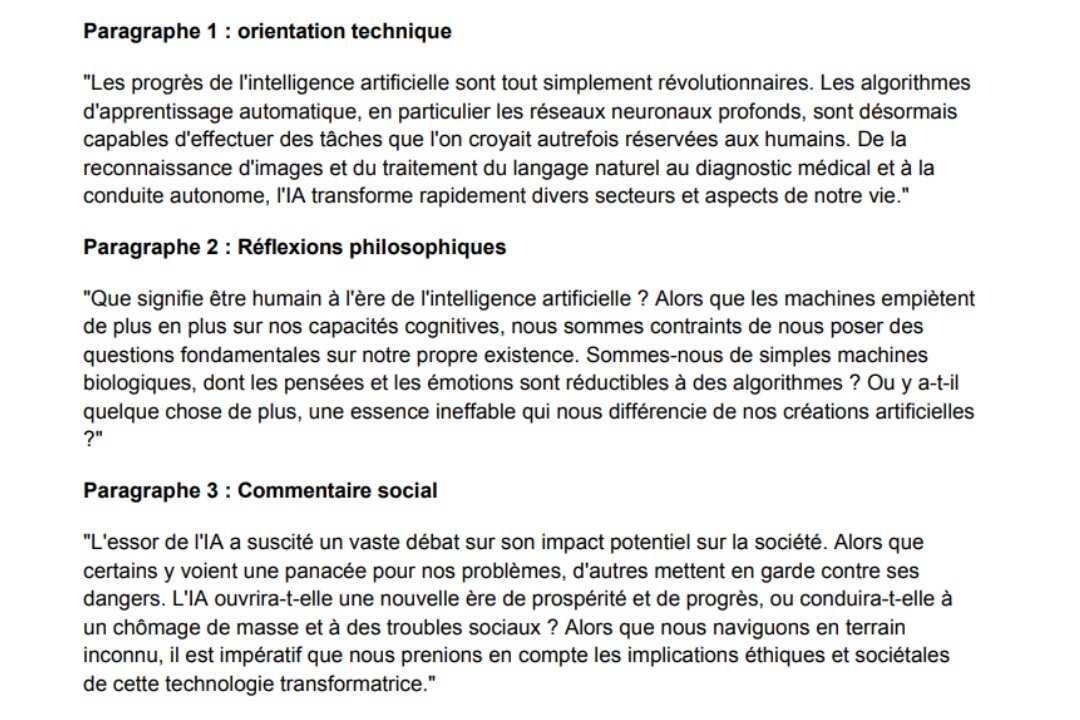
DeepL has done an excellent job translating my PDF file as well! Here's a quick analysis:
- The translation keeps the meaning of the original French text clear in all three paragraphs. It handles both technical and abstract terms well.
- It keeps the unique style of each paragraph. The technical focus in the first, the philosophical tone in the second, and the social commentary in the third all come through clearly.
- The translation uses the same terms throughout, which helps maintain clarity, especially in the technical section.
- There are small areas for improvement. For instance, instead of “we are forced to confront,” a phrase like “we are compelled to consider” might be better. But these are minor and don’t really impact the translation quality.
Deep Write
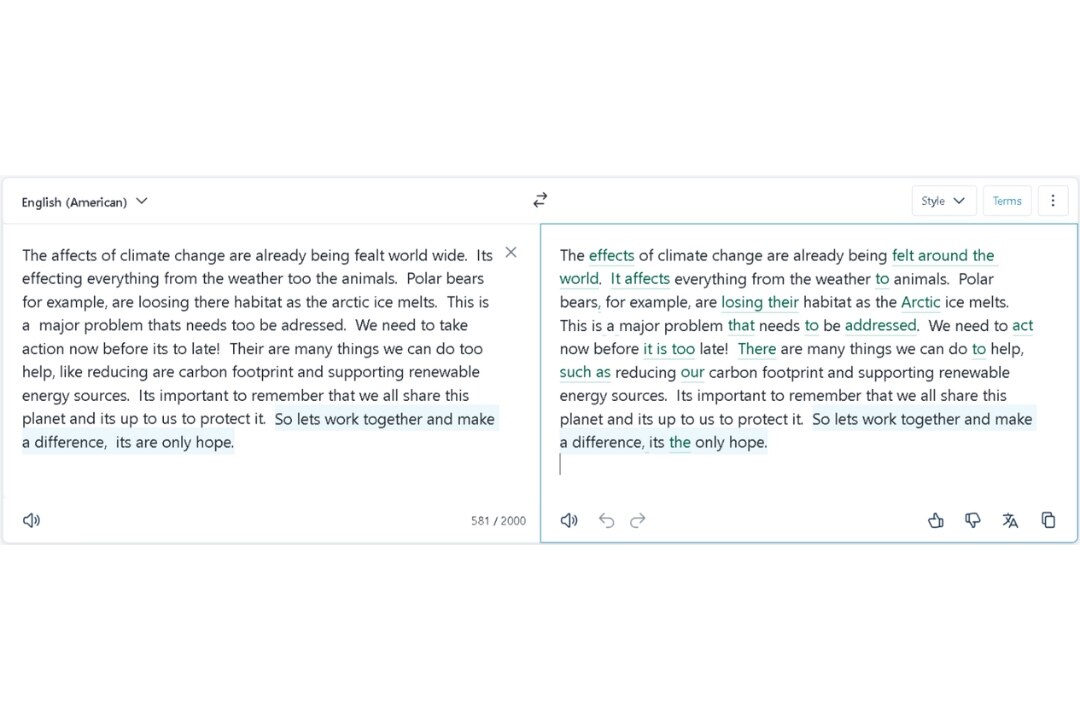
DeepL Write did a solid job of refining the text, showing its strengths in several ways:
- It effectively corrected spelling, grammar, and punctuation errors like "affects," "felt," and others. It also improved subject-verb agreement and pronoun accuracy.
- The text reads better, with changes like "lets" to "let's" and rephrasing awkward sentences like "its are only hope" into "it's the only hope." It also varied sentence structures to reduce repetition.
- The refined text flows smoothly with more natural sentence structures and improved word choices.
- It could be tighter than the original text. For instance, "There are many things we can do to help" could be shortened to "We can help by reducing our carbon footprint..."
Other Notable Features of DeepL
DeepL isn’t just about translating; it packs other features that enhance its service.
- Glossary Management is one of the first features I find helpful. You can create and manage glossaries for specific terms. This is perfect for keeping translations accurate, especially with technical stuff.
- Then there's Tone Adjustment that shifts the formality of translations. Do it your way, whether writing a quick note or a formal letter.
- The alternative Translations option is another great addition. You get different translation options for words and phrases. This helps when you encounter tricky or unclear terms.
- Lastly, it offers CAT Tool Integration. DeepL connects with various Computer-Assisted Translation tools, helping professional translators streamline their work and collaborate more effectively.
All these features make DeepL a solid choice for anyone who needs translations, whether for casual chats or professional projects.
Part 2: Who Can Benefit from DeepL
DeepL is a versatile tool that makes communication easier for various users. Here’s who can use it:
- Global teams can use DeepL to translate emails and documents, keeping their communication clear.
- Translating content expands the audience of writers and bloggers, and marketers can personalize their campaigns to resonate with different cultures.
- DeepL helps travelers by translating signs and menus, making foreign places more accessible.
- For students, it assists in translating texts and improving writing in different languages.
- DeepL Write is perfect for refining reports and presentations for professionals, and it helps students craft better essays.
DeepL is perfect for translating legal documents, localizing software, and creating educational resources among its special use cases.
Part 3: Ratings and User Reviews of DeepL
- G2: 4.6/5.0 (50+ Reviews)
- Capterra: 4.8/5.0 (130+ Reviews)
Hear from Real Users



Part 4: Pros and Cons of DeepL
What Other Users Like Most?
- DeepL is known for delivering accurate translations that sound natural. It captures subtle details, making it a preferred choice for technical fields like legal work.
- No tech skills are required to make use of it. Translating is smooth and simple with its easy-to-navigate intuitive interface.
- It handles translations quickly, even with long documents. It’s a reliable choice when deadlines are tight.
- Supporting 33 languages makes it useful for teams that communicate across different regions.
- It keeps the original document’s format intact during translation, reducing time spent reformatting.
What Other Users Dislike Most?
- Many users want DeepL to support more languages. It’s not great for translating rare languages, especially certain Asian ones.
- The premium version might be too costly for some. Freelancers or small users on a budget might find this problematic.
- It requires a solid internet connection. It can be unreliable in places with weak signals.
Part 5: Pricing Plans of DeepL
DeepL’s pricing caters to different needs.
- Free: Limited text translations, 3 non-editable file translations per month, a 5 MB upload limit, and 1 glossary with 10 entries.
- Starter: $10.49/user/month. It includes unlimited text translations, 5 editable file translations, a 10 MB upload limit, and 1 glossary with 5,000 entries.
- Advanced: $34.49/user/month, with 20 editable file translations, a 20 MB upload limit, SSO, CAT tool integration, and 2,000 shared glossaries.
- Ultimate: $68.99/user/month, offering 100 editable file translations and a 30 MB limit.
- Enterprise: Custom pricing for over 1,000 users.
Free works for light users, and Starter balances features and cost. Advanced and Ultimate are powerful but come with a bigger price tag. Match your choice with your needs and budget.
Part 6: DeepL Alternatives for Translation and Writing
While DeepL excels in accuracy, it's worth checking out other translation options.
Edraw.AI
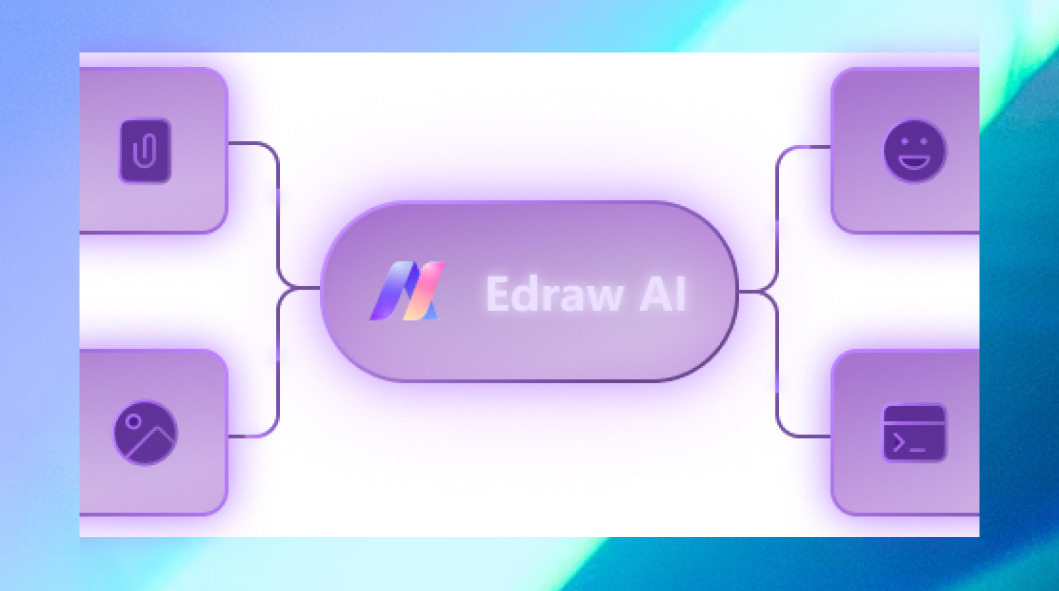
DeepL is all about text translation, while Edraw.AI is also about visual communication. It streamlines the process of creating diagrams and mind maps, providing features to enhance DeepL's capabilities.
Key Features
- AI Diagramming: It can generate various diagrams from text input, streamlining visual representation. With a few clicks, you can get mind maps, flowcharts, organizational charts, and much more.
- Many Templates: With 700+ templates and over 26,000 symbols and icons, you can design professional diagrams quickly.
- Real-time Collaboration: Team members can jump in and work on diagrams simultaneously, which makes things run smoothly.
- Other AI Tools: The additional AI tools are useful for brainstorming, chatting, and writing. They provide support for different content types.
- AI Translations: The AI translation tool offers over 10 language options to help you communicate across borders.
DeepL vs Edraw.ai
- DeepL is a translation-focused tool that delivers natural-sounding results. Edraw.AI, on the other hand, is built for diagramming with added translation features.
- For pure translation needs, DeepL is ideal. But, for visual projects with some translation, Edraw.AI may be the better choice.
Google Translator
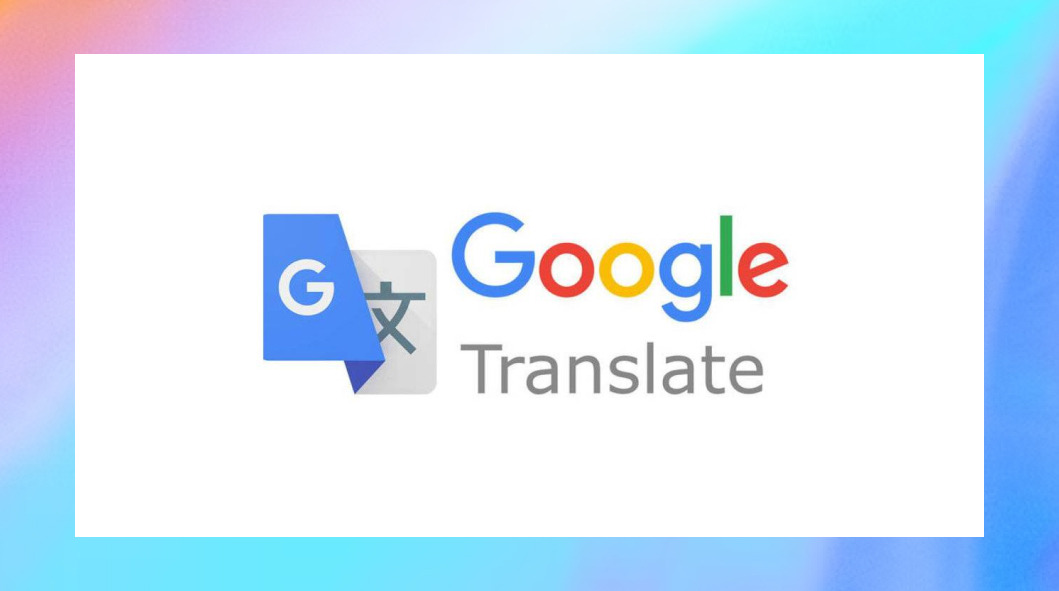
Google launched Google Translate in April 2006. It’s a reliable tool for translating content between languages, from text to websites. People appreciate its simple design.
Key Features
- Extensive Language Support: Supports 100+ languages for diverse communication needs.
- Versatile Input Methods: Accepts text through typing, handwriting, voice, and image recognition.
- Website Translation: Translates entire websites with a single click.
- Document Translation: Uploads documents in various formats while preserving original formatting.
- Offline Translation: Offers offline translation for 59 languages via the mobile app.
- Contextual Awareness: Provides contextually relevant translations by considering surrounding text and user preferences.
DeepL vs Google Translator
- DeepL excels in accuracy, especially with European languages, capturing subtle nuances. Google Translate has improved but struggles with rare language pairs.
- It’s free and ideal for casual use, while DeepL’s best features require a subscription.
- Google Translate handles websites, documents, and offline use, while DeepL focuses on text translation with glossary and editing tools for paid users.
- Google Translate is faster overall, but DeepL can be slower with longer texts.
LibreTranslate
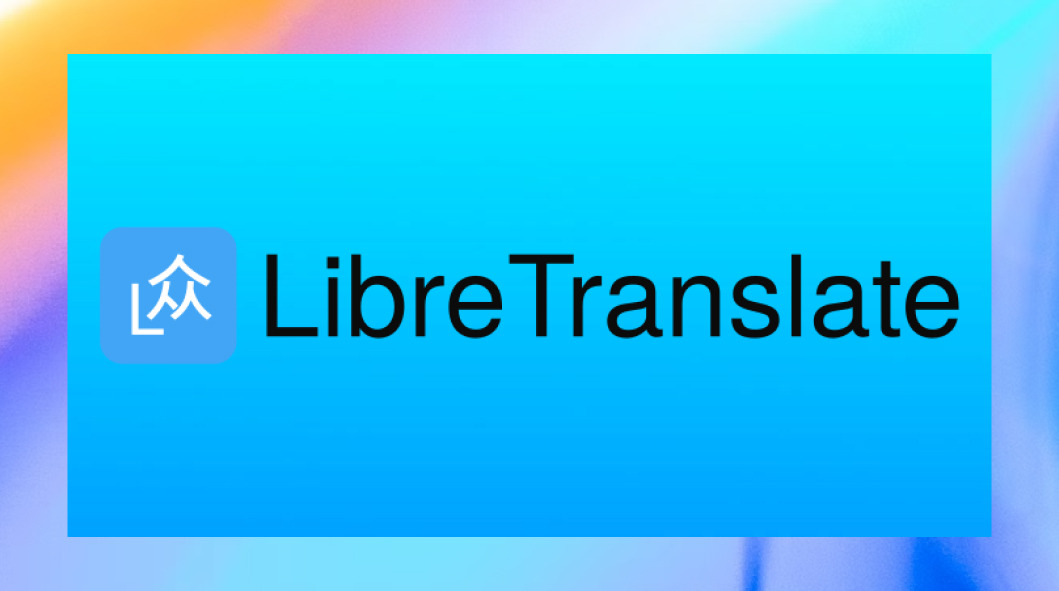
LibreTranslate is an open-source translation API, a solid alternative compared to DeepL. It’s great for anyone who values cost savings and privacy. You can host your translation engine, having full control over your data without depending on outside services.
Key Features
- Totally Free: It won’t cost you anything. Plus, you can customize it as it's open source.
- Self-Hosted Option: Host it yourself to keep your data safe and avoid reliance on others.
- Offline Use: After setup, you can use it without the internet, perfect for unreliable connections.
- Language Support: It supports various languages, though not as many as DeepL.
- User-Friendly Setup: The setup is straightforward, thanks to clear documentation.
DeepL vs LibreTranslate
- It’s free, while DeepL charges a subscription fee.
- You get to host it yourself, keeping your data private. DeepL processes everything on its servers.
- Since it’s open-source, you can change it to fit your needs, unlike the specified options with DeepL.
- Yet, DeepL usually delivers better translations, especially for complex texts.
Conclusion
| Feature | DeepL | Edraw.AI | Google Translate | LibreTranslate | |
| Type | AI translation service | The AI-powered diagramming tool with translation | Multilingual neural machine translation service | Open-source translation API | |
| Focus | Text translation | Visual communication and diagrams | Text, document, and website translation | Privacy-focused and customizable translation | |
| Key Strengths | Accuracy, natural-sounding translations, advanced features (glossary, document editing) | Real-time collaboration, extensive template library, AI diagramming | Extensive language support, versatile input methods, free | Free, self-hosted option, offline use | |
| Cost | Free & paid versions | Free & paid versions | Free | Free | |
| Open Source? | No | No | No | No | |
| Unique Feature | High accuracy, particularly for European languages | Real-time collaboration and specialized diagramming tools | Website and document translation, offline functionality | Self-hosting for data privacy and customization |
Fantastic for everything from quick messages to formal documents, DeepL provides natural translations. It has a strong base but with room for improvement, like adding more languages and refining sentence structures.
Picking the right translation tool is all about your specific needs. DeepL is easy to use and precise, appealing to many people. However, if you want visual tools, check out Edraw.AI, or if you need fully free options, Google Translate is worth considering.

Try Our Products
Now for Free

